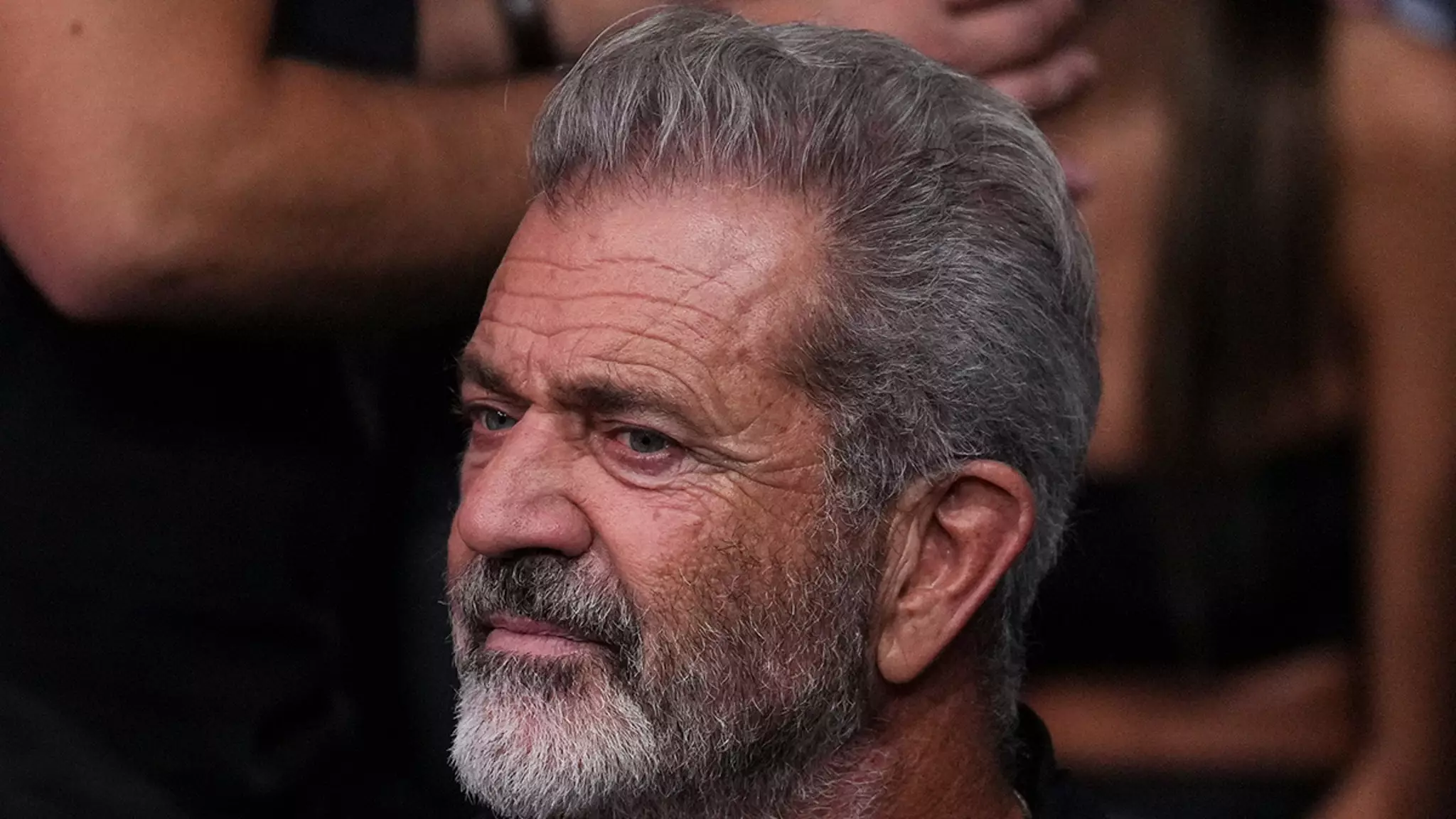The recent news surrounding Mel Gibson’s restoration of gun rights has ignited significant controversy and raised questions about the intersection of celebrity influence and justice. The decision comes in the wake of Gibson’s prior legal troubles, specifically a no-contest plea regarding battery charges against his ex-girlfriend in 2011. Such legal baggage typically disqualifies individuals from owning firearms, yet the current political climate appears to have played a crucial role in changing this outcome for the famed actor and director.
The Justice Department, under President Trump’s administration, has made the controversial decision to allow Gibson, along with several others with convictions, to regain the ability to bear arms. This raises eyebrows—could a personal connection with powerful political figures be granting favors to individuals who otherwise have had their rights curtailed due to their past actions? Critics argue that allowing Gibson, who has a complex and often troubling public history, to possess weapons is not only a failure of the system but also a misguided attempt to normalize the influence of celebrity on legal matters.
The Fallout from Political Maneuvering
The internal strife within the Justice Department further complicates the narrative. According to reports, Elizabeth G. Oyer, the former U.S. pardon attorney, was dismissed following her opposition to restoring Gibson’s gun rights. This raises pressing questions about the integrity of legal proceedings within governmental institutions. When political ties appear to influence legal outcomes, it threatens to undermine public trust in the justice system. Oyer’s dismissal suggests that dissenting voices in the administration were silenced to align with a political agenda, a disheartening recurrence in the ongoing saga of celebrity influence over governance.
The fact that Attorney General Pam Bondi ultimately authorized Gibson’s gun right restoration, allegedly prompted by his close ties to President Trump, evokes strong sentiments of either justified political favoritism or dangerous precedent-setting. It blurs the lines of accountability and raises concerns about whether individuals can secure favorable legal outcomes through connections rather than merit.
The Implications for Society and Justice
Gibson’s case is emblematic of a broader cultural critique regarding gun rights in America and societal attitudes toward personal accountability. In an era where gun violence is a pressing issue, the decision to restore gun rights to individuals with domestic violence charges sends a contentious message. It raises the stakes for victims of domestic abuse who fear that those who once perpetrated violence may again gain the means to do harm.
Moreover, this incident highlights a significant dichotomy: How society views celebrities versus average citizens regarding legal consequences. The notion that a high-profile figure can regain significant rights, potentially due to political connections, is a stark reminder of existing inequalities within the judicial framework. It amplifies ongoing discussions about privilege and the moral implications of such decisions.
The restoration of Mel Gibson’s gun rights is more than merely an individual’s legal victory—it’s a complex narrative intertwined with political influence, societal values, and the judicial system’s integrity. The ramifications of such decisions resonate far beyond personal freedom, affecting the community’s safety and trust in the legal system.

